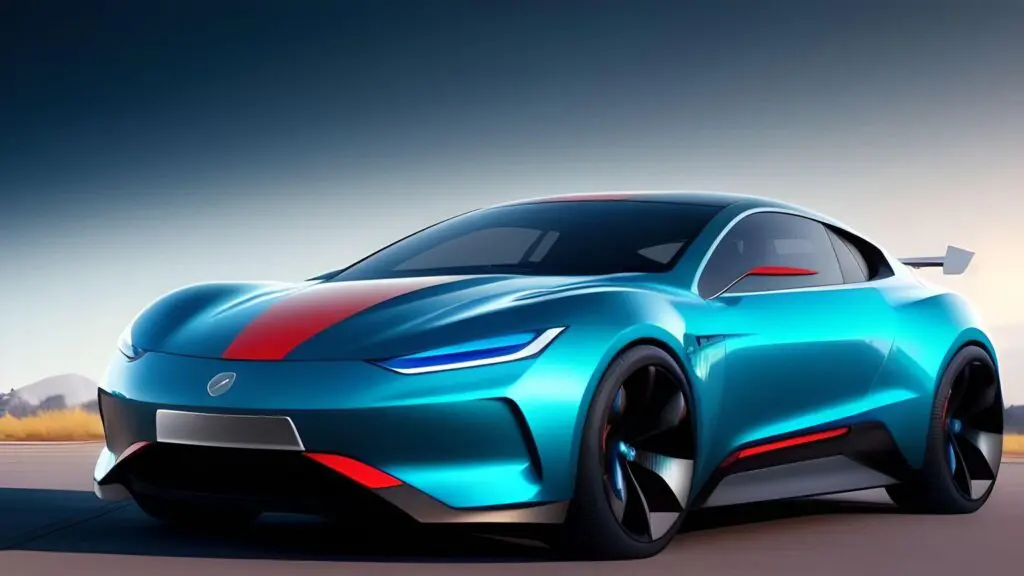
A few months ago, the electric car manufacturer Nio introduced a unique model equipped with an enormous 150 kWh semi-solid battery, theoretically offering a range of 1,000 km.
Table of Contents
This information made headlines because the cost of this battery was simply staggering: approximately 50,000 euros. It was so expensive that the company opted not to sell it but only to lease it for now.
Fortunately, batteries with smaller capacities are less expensive. The media outlet Elements delved into this topic by publishing an infographic on the price of batteries for six different electric cars. These figures are estimates based on the cost per kWh of an accumulator, according to the American analyst firm Benchmark Minerals Intelligence. These prices should not be taken as absolute, as the actual cost may be lower or higher for various reasons.
One should consider factors such as the environmental bonus in the United States, which allows manufacturers to benefit from subsidies, reducing the cost per kWh of a battery by nearly a third. Additionally, commercial agreements between manufacturers and battery suppliers (such as BYD or CATL) can vary significantly depending on the volumes involved. For instance, Tesla has much greater negotiating power than Ford, for example.
In any case, this information gives us an idea of the cost of an electric car battery. We start with the Volkswagen ID.4 and its 62 kWh NCM (Nickel Cobalt Manganese) battery from CATL, which would cost $8,730. In the case of Ford, the Mustang Mach-E has been equipped with LG’s LFP (Lithium Iron Phosphate) chemistry, which lacks cobalt, for a few months, coming in at a more affordable $6,895 for a 70 kWh capacity.
Thus, the battery accounts for 23.4% of the price of the Volkswagen, compared to 16% for Ford. This is partly due to the LFP battery, which has its advantages and could eventually replace more conventional chemistries.
At Tesla, the Model S with its 100 kWh NCA (Nickel Cobalt Aluminum) battery from Panasonic is estimated at $12,030. This represents approximately 13% of the total car price. Let’s finish with a behemoth: the 229 kWh battery of the RAM 1500 Rev Limited, with NCM chemistry from LG, estimated at $25,835! That’s 32% of the total car price.
A small clarification: all the prices mentioned here are excluding taxes, so you would need to add VAT to get an idea of the inclusive prices in euros. In any case, it’s clear that the battery is a costly component of an electric car. Fortunately, technology is evolving rapidly, as seen with LFP batteries. This is why Ford has shifted from NCM to LFP chemistry.
A few months ago, in the case of Renault, the battery could account for up to 40% of the price of an electric car. One can imagine that this figure has likely decreased since then, as the price of lithium has decreased, as has the cost per kWh. It is currently estimated at $98.5 per kWh for LFP chemistry, $112.7 per kWh for NCM, and $120.3 per kWh for NCA.
LFP chemistry has not yet completely replaced NCA and NCM due to a few drawbacks, such as its lower energy density, which currently prevents the production of batteries with as large a capacity as those with other chemistries. However, its price makes it a significant asset for entry-level vehicles.
It’s important to note that electric car batteries have excellent longevity. In case of issues outside the warranty period, there’s no need to replace the entire battery and pay thousands of euros. Some specialized mechanics can replace only the faulty cell(s), costing a few hundred euros at most.